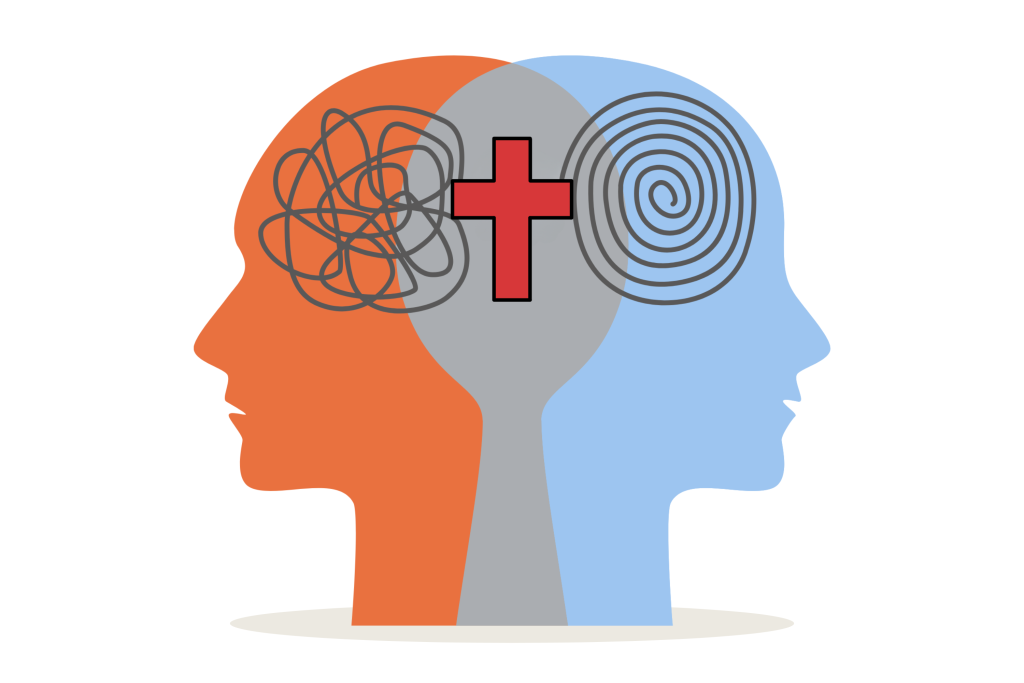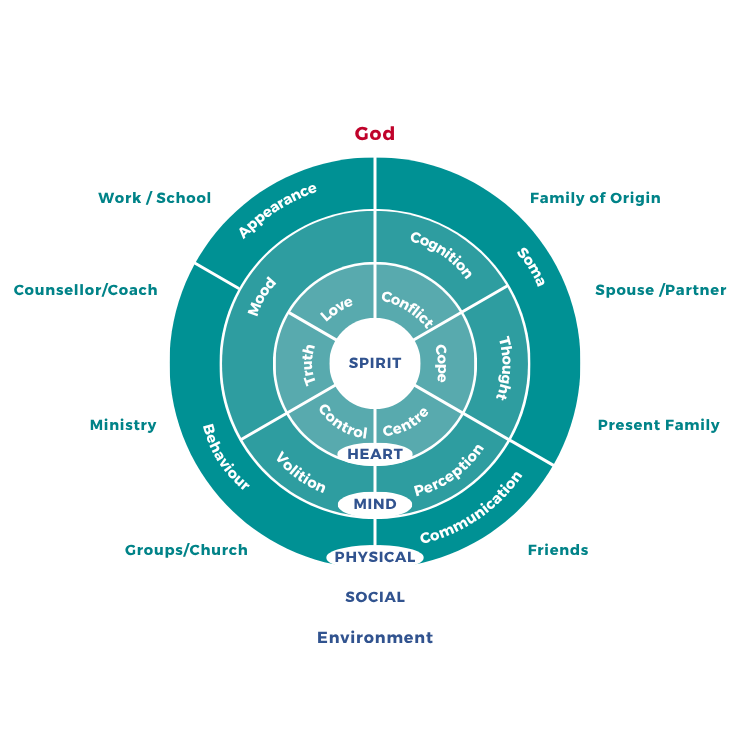What Am I Thinking About?
What Am I Thinking About?
By John Wadsworth
“We take captive every thought to make it obedient to Christ.” — 2 Corinthians 10:5
“…be transformed by the renewing of your mind.” — Romans 12:2
As I sat down to write this devotional, I was surprised by how easily my thoughts wandered and how powerfully they influenced my emotions. Distraction and procrastination crept in, and old memories resurfaced, voices from the past whispering words of inadequacy. I remembered my English teacher once telling me that I would fail my exam, that I wasn’t good enough (Truth Sector). It’s remarkable how one throwaway comment can linger and affect how we see ourselves years later. During my life there have been so many times when I have let my negative or destructive thoughts and images cloud my judgement and impact who I am.
As Christian counsellors, we are entrusted with walking alongside others in their journey toward wholeness. One of the most powerful truths we must hold onto, and help others grasp, is this, that our thinking profoundly shapes our lives. Our thoughts are powerful. The “thought sector” is where we notice the steady stream of words, images, and ideas that pass through our minds each day. These inner narratives can either draw us toward life and peace or trap us in fear, shame, or pride. The question for us becomes: Lord, what thoughts are shaping my heart right now?
Paul’s exhortation in Romans 12:2 reminds us that renewing the mind is not optional, it is essential for spiritual discernment and whole living. Paul doesn’t ask us to stop thinking, he calls us to bring our thoughts into alignment with Christ. In the Christian Wholeness Framework, the renewal of our thought life is not about repression, but transformation. Jesus said, “You will know the truth, and the truth will set you free” (John 8:32). When we allow His truth to enter our minds, we find freedom from the looping, condemning, or distorted thoughts that weigh us down.
Inviting Christ into our thinking begins with discernment. Ask the Holy Spirit to reveal which thoughts bring hope, gratitude, and life—and which ones spiral into fear, shame, or bitterness. Some thoughts simply distract us from God’s presence. As we can understand our thought life and gain clarity over our thoughts this will begin to impact other sectors in our circle, particularly our heart circle.
Our thought life is deeply connected to our emotions, choices, and relationships. When our minds are renewed, our whole selves begin to shift. Romans 12:2 reminds us that as our thoughts are transformed, we learn to discern God’s will, finding both peace and direction for living.
A simple practice is to write down a recurring thought and hold it up to Scripture. Does it reflect God’s truth, or contradict it? When we discover lies or distortions, we don’t merely reject them, we replace them with the truth of God’s Word. This is how renewal takes root, and we continue the journey of transformation.
Closing Prayer: Father, thank You for creating me with a mind that can think and imagine. Jesus, I yield my thought life to You. Help me to train my mind to dwell on whatever is true, noble, right, pure, lovely, and admirable (Philippians 4:8). Shape my thought life until it reflects Your mind in me. Renew me daily, that my thoughts may glorify You. Amen.
Reflection Questions
- What thoughts most often shape my outlook on the day, and do they reflect God’s truth or the world’s patterns?
- When I notice a recurring negative or anxious thought, how can I bring it captive to Christ?
- Which Scripture promise can I hold onto this week as a replacement thought when unhelpful patterns arise?
What Am I Thinking About? Read More »



